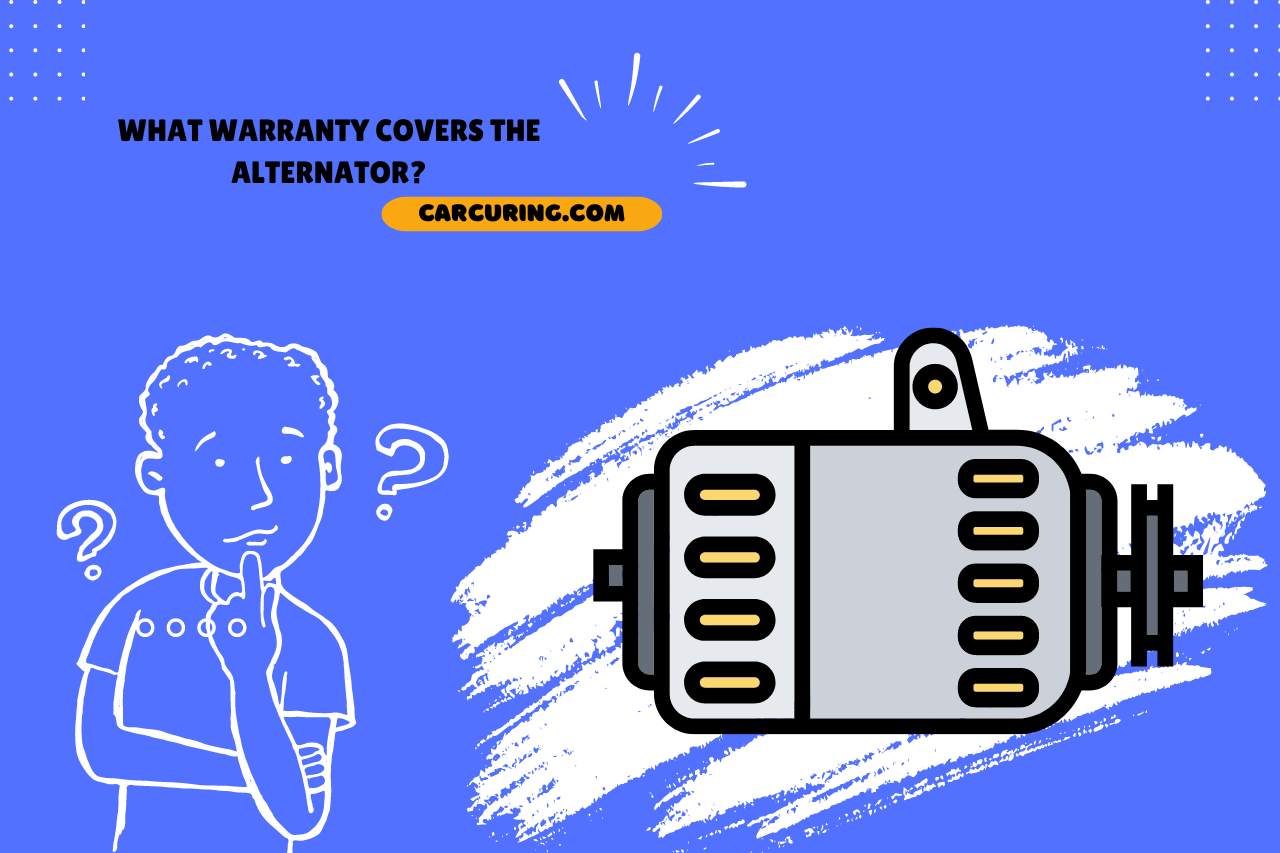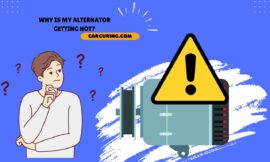Nowadays, car warranties are available under different name tags, and they have their own specialties. Among them, the powertrain warranty takes a special place since it covers the heart of your vehicle, the engine. But the question is, ‘Does the powertrain warranty cover the alternator?’ The alternator is also important to the overall operation of your car, so it is worth finding out whether it is covered under the powertrain warranty. Join this discussion till the end and get enough knowledge!
What is a Powertrain Warranty?
A powertrain warranty is a type of vehicle warranty that specifically covers the major components that enable a vehicle to move. It focuses on the essential systems responsible for power and propulsion. In fact, the specific coverage depends on each manufacturer, but a typical powertrain warranty includes the following components:
- Engine: Covers the internal components of the engine, such as the cylinder block, cylinder head, and internal parts.
- Transmission: Covers the transmission and its internal components, including the torque converter, transmission control module, and gears.
- Drivetrain: Encompasses components that deliver power from the engine to the wheels, including the differential, driveshaft, and axle shafts.
Powertrain warranties generally exclude components related to routine maintenance and wear-and-tear items, such as filters, belts, and fluids. In addition, the coverage might contain specific terms and conditions, such as mileage limits or time durations.
Thus, you are advised to review the warranty documentation provided by the manufacturer or dealership to understand the specific components covered, the duration of coverage, and any exclusions.
Does Powertrain Warranty Cover Alternator?
In general, the powertrain warranty does not cover the alternator. The reason why, the alternators are often considered part of the electrical system rather than the powertrain.
The powertrain warranty typically covers the major components, such as the engine, transmission, and drivetrain. However, the coverage can vary among manufacturers and specific warranty plans.
To determine whether the alternator is covered under a powertrain warranty, make sure to review the warranty documentation provided by the vehicle manufacturer or dealership.
This documentation will outline the specific components covered, the duration of coverage, and any conditions or exclusions.
If the alternator is not explicitly listed as a covered component in the powertrain warranty, it may be covered under a different warranty, such as the basic warranty or an extended warranty.
It’s important to understand the terms and limitations of each warranty to ensure that you have the appropriate coverage for your vehicle’s alternator.
If you’re uncertain about the warranty coverage for your vehicle’s alternator, the best practice would be to contact the dealership where you purchased the vehicle.
What’s more, reaching out to the vehicle manufacturer’s customer service will be helpful to clarify the specific coverage details of your warranty.

What Warranty Covers the Alternator?
Normally, the basic car warranty covers the alternator. The warranty that covers the alternator can vary depending on the vehicle manufacturer and the specific warranty plan. Here are the common types of warranties that may cover this component.
- Basic Warranty: The basic or bumper-to-bumper warranty typically covers most vehicle components for a specific duration or mileage, often ranging from 3 years/36,000 miles to 5 years/60,000 miles. This warranty is comprehensive but may exclude wear-and-tear items.
- Extended Warranty or Service Contract: Extended warranties or service contracts are additional protection plans that can be purchased to extend coverage beyond the basic warranty period. These plans may cover the alternator depending on the specific terms.
- Manufacturer-Specific Warranties: Some manufacturers of modern vehicles offer unique warranties or coverage for specific components. It’s essential to check the warranty documentation provided by the manufacturer to determine if the alternator is covered.
You May Also Like
- Can a Bad Alternator Cause a Misfire? Unraveling the Mystery!
- Can Water Damage the Alternator? (Essential Tips and Advice)
- Why is My Alternator Smoking? Unveiling the Mystery!
- Does a Bad Alternator Drain your Battery? Drain Issues!
- How to Lubricate an Alternator? Maintaining Your Alternator!
- Can You Jump Start A Car With A Bad Alternator? (Do’s and Don’ts)
- Does a Bad Alternator Make a Clicking Noise? Solving the Mystery!


